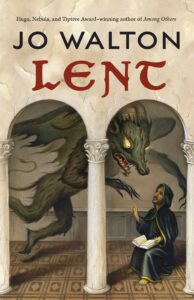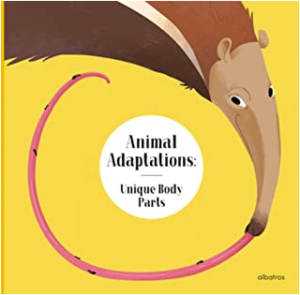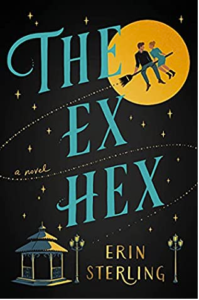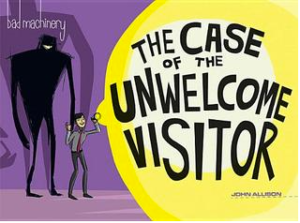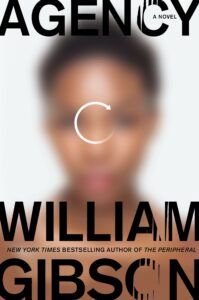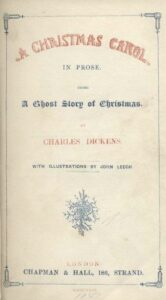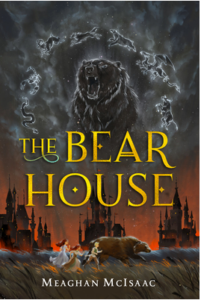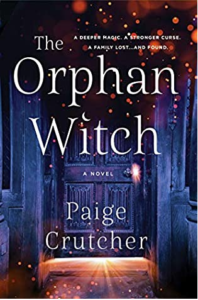In Lent, Jo Walton takes the life of Girolamo Savonarola both seriously and literally. Not only his life, the whole framework in which he lived that life: God, demons, Purgatory, the Rule of St. Benedict, the Dominican Order to which Savonarola was dedicated, his desire to create a new Jerusalem in Italy, and ever so much more. She opens the book with Girolamo and two other Dominican brothers called to a women’s cloister in the dead of night to banish an infestation of demons. Girolamo can see them in all their grotesqueries and hear their shrieking and their mocking laughter.
Brother Domenico can see nothing unusual, but “I think I can hear something—it sounds like distant laughter. It’s very unsettling. I can see why the nuns might be disturbed.” Brother Silvestro adds, “I don’t see or hear anything, but I feel an evil presence here.” (p. 12) Girolamo sees so many at the convent that he wonders whether the Gates of Hell have been opened, and he almost despairs that his brothers, the most sensitive among his order, can sense so little. He banishes them, even the one who has possessed a young novice, even the vast number of demons apparently drawn to a book that was a recent bequest by the King of Hungary. “‘God has given me these gifts, I must use them for the good of all,’ he says, in complete sincerity. ‘I will keep this book, if I may, or it will draw them here again. Them, or worse things.'” (p. 22)
Girolamo is sincere in his desire to help, and in his piety, but he is not above fault, as Walton shows just a few paragraphs later.
“Is it true that the Magnificent Lorenzo is dying?” [the First Sister of the convent] asks.
“Yes, everyone is saying his death will be on him soon.”
“And is it true that you foretold it?”
“Yes,” he says, baldly. It annoys him that she asks, treating him as some kind of oracle. It annoys him too that God has vouchsafed to him such a worldly prophecy, such a petty matter as the death of a gouty merchant prince. Girolamo has never met Lorenzo de’ Medici. He has in fact avoided him, for reasons that are partly pride and partly a confirmed distaste for hobnobbing with the rich. Easier for a camel to pass through the eye of a needle, after all. (p. 22)
Lorenzo is in fact dying; he has already received last rites. Girolamo meets his impressive daughter and his petulant son, both kept from their father’s presence a little longer while he speaks with the Dominican. To the surprise of everyone except Lorenzo — and perhaps Marsilio Ficino, a Platonist and scholar in the Medici orbit, and also a Walton favorite from her Thessaly books — he is dying in a state of grace. “Not old, middle-aged only, but certainly dying. There is nothing unusual about him except the celestial light shining from him.” (p. 42) It’s not obvious at the time, but the scene with Lorenzo is pivotal for the whole book, and worth an extended quotation.

